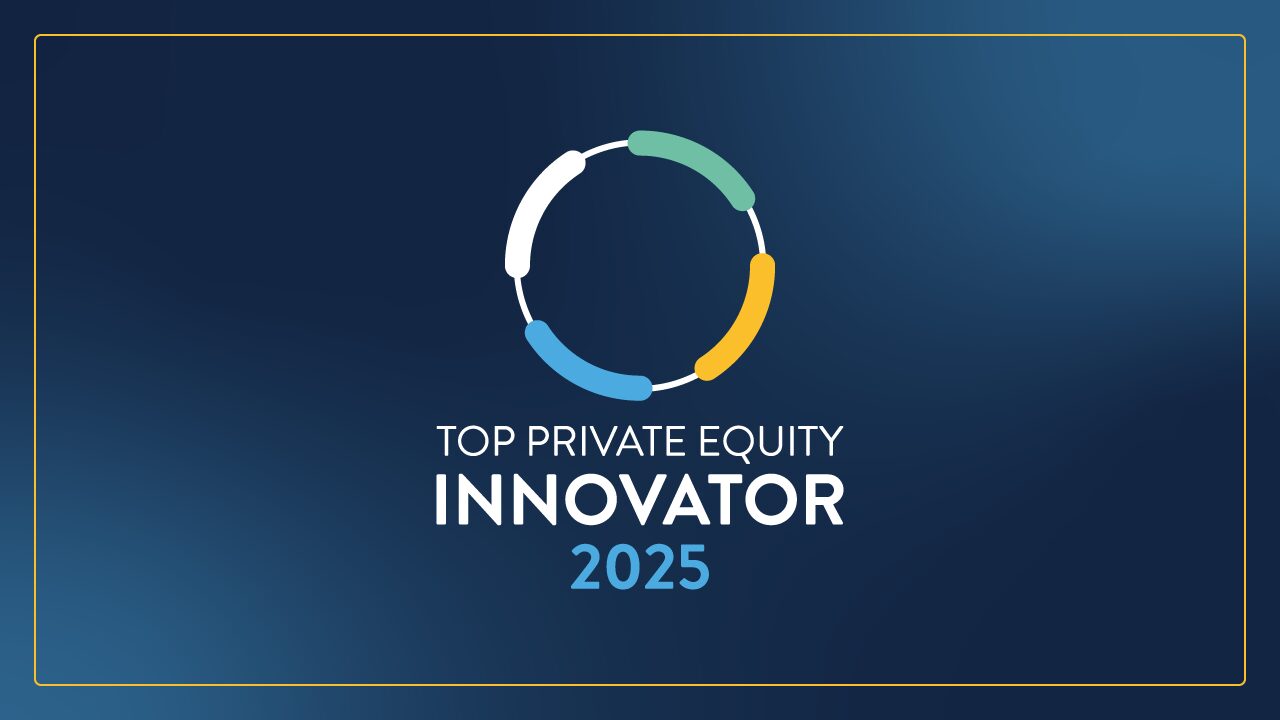Last month, our team had the chance to attend Hunt Scanlon’s private equity recruiting conference in New York. At the conference, our founder & CEO, Sean Mooney, had the opportunity to sit on the panel, “The Art of Building Private Equity Leadership Teams,” alongside Jimmy Holloran of ParkerGale Capital, Amanda Roberts of L Catterton, Michelle Nasir of Arsenal Capital Partners, Kit Cooper of Signal Partners, and Adam Zellner of Business Talent Group. There were many value-filled panels throughout the day, allowing for hundreds of PE leaders to discuss and share their thoughts with one another on the current state of strategy, culture, and talent.
The pandemic has both accentuated and accelerated PE’s greatest challenges, and human capital is challenge #1. PE human capital leaders have quickly become the busiest people in the industry, demonstrated by our BluWave Activity Index which shows that 42% of PE projects in Q1 ‘22 were related to human capital, which was up from 36% in the previous quarter. Our key takeaways from the conference below share how talent leaders are staying busy and how they are creating efficiencies to drive more value while they are in such high demand:
1. The Need for a Data-Driven Approach to Talent
- Business leaders are increasingly recognizing the importance and value of quickly getting the right talent in place across all organizations. According to McKinsey, organizations that get talent right in the first year see 2.5x ROI on their initial investment. Getting talent right is not just a necessity for the C-suite, 90% of critical talent needs in a company lie below the C-suite.
- With so much at stake if you get talent wrong, many PE firms and proactive businesses are taking a data-driven approach to human capital in order to have best practices to track against.
2. Talent-to-Value
- Not only does getting the right talent in place quickly improve ROI, it is also crucial to enable companies to deliver on their value creation plans. One way firms are ensuring they get the talent they need is by developing great relationships with their recruiting firms. This allows recruiters to gain a sense for what “talent for that specific firm” looks like.
- While human capital is critical to value creation, everyone is fishing in the same pond for talent, creating difficulties in getting the talent you need. One solution to this is to take a holistic approach to talent identification & recruitment in which you identify the key targeted areas for value creation in a portfolio company and then systematically focus and prioritize solving the talent that will have an impact on the biggest value creation opportunities. This has been called the “Talent to Value” approach.
3. Growing Emphasis on Culture and DE&I
- There is a growing emphasis on culture and DE&I in private equity
- On the DE&I side, each firm needs to take a personalized approach that works for them. A good starting point is to take an initial framework and gather data internally to make sure everyone is included and heard. Then, needs should be measured on a quarterly basis to see how you are improving over time.
- On the culture side, a focus on internal company culture will help with recruitment & retention efforts, which ultimately, will help you advance your value creation plans. One way to do this is to assess what currently sets your culture apart and then build on it from there. Additionally, interviews should be assessing if candidates have cultural alignment, as much as they are assessing if they have skill and will.
Balancing the art and science of connecting talent to value, amidst a tight market will be the key driver to success as we head into the second half of 2022. If we can be of any assistance, please let us know.
Additionally, you may be interested in checking out some of our human capital specific resources, which can be found here:


